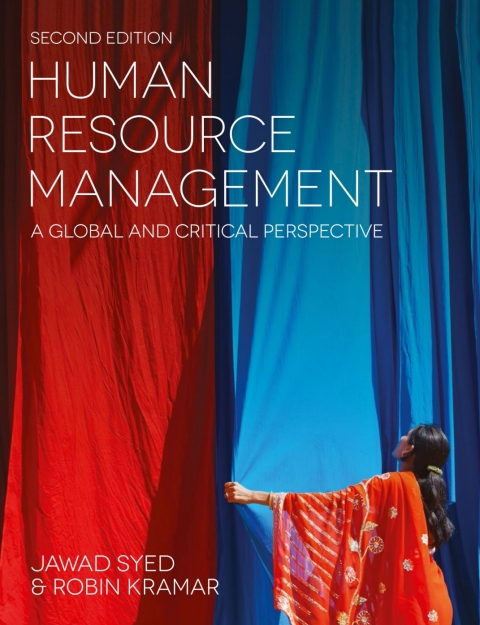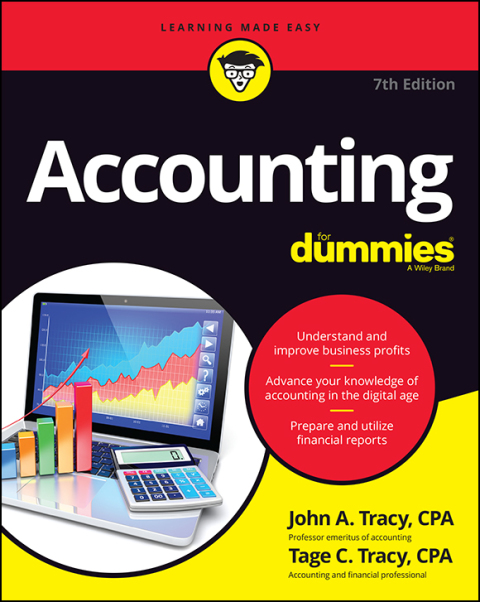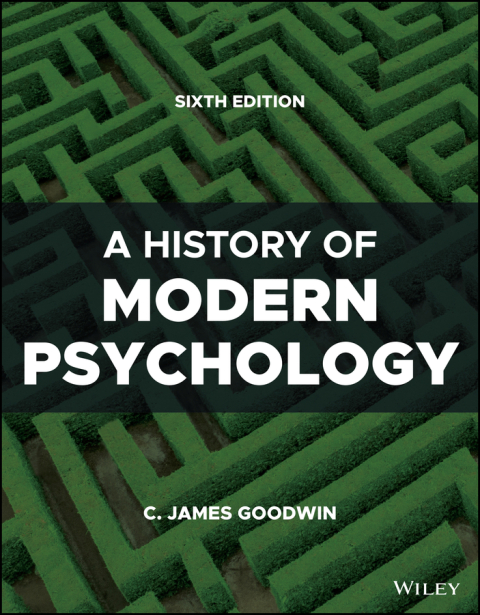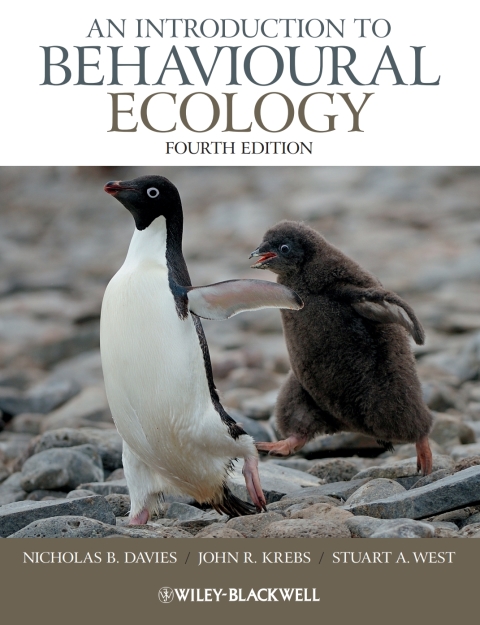Description
Efnisyfirlit
- Contents
- Acknowledgements
- Notes on Editors
- Notes on Contributors
- Tour of book
- Introduction
- Patr 1 The HRM Arena
- 1 Context-specific human resource management
- Introduction
- Contextualising HRM in a global village
- Contextual influences on HRM
- Critical discussion and analysis
- Conclusion
- For discussion and revision
- Glossary
- Further reading
- Web resources
- References
- 2 A critical perspective on strategic human resource management
- Introduction
- From personnel management to SHRM: An evolutionary road map
- Differentiating attributes, key contributions and underlying theories
- Critical analysis and discussion
- Conclusion
- For discussion and revision
- Glossary
- Further reading
- Web resources
- References
- 3 HRM in MULTI-NATIONAL COMPANIES – A Critical Approach
- Introduction
- Integration versus differentiation, convergence, versus divergence; best practice versus best fit
- Are we all global now?
- MNCs – Benefactors or villains? Ethical issues
- National culture versus dominance effect model
- Influences on HR policies and practices in MNCs
- Developing cross-cultural skills and global HR professionals and departments
- HR careers in MNCs
- Behaviours of global professionals
- IHRM futures
- Conclusion
- For discussion and revision
- Glossary
- Further reading
- Web resources
- References
- 4 Diversity management in a global context
- Introduction
- Key concepts of diversity management
- The diversity management discourse and its limitations
- A relational framework for diversity management
- Advantages of diversity
- From positive discrimination to positive action
- Sexual harassment at work
- Strategies to manage diversity
- Methodological considerations in conducting research on diversity management: The case of ethnic min
- Conclusion
- For discussion and revision
- Glossary
- Further reading
- Web resources
- References
- 5 HRM, ethics, and corporate social responsibility
- Introduction
- Ethics and human resources
- Ethical thinking and behaviour
- Ethical theories and frameworks
- Corporate social responsibility and human resource management
- Critical business ethics: An anti-essentialist view
- Conclusion
- For discussion and revision
- Glossary
- Further reading
- Web resources
- References
- Patr 2 HRM in Practice
- 6 Human resources planning
- Introduction
- Approaches to HRP
- The strategic role of HRP
- Meeting human resource planning challenges through flexibility
- Conclusion
- For discussion and revision
- Glossary
- Further reading
- Web resources
- References
- 7 Job and work design
- Introduction
- The classical theory of job and work design – The mechanistic era
- The foundations of contemporary theory of job design – The sociotechnical era
- Contemporary theory of job and work design – The human relations school
- Contemporary theory of job design – The neo-human relations or motivational theorists
- Contemporary theory of job and work design – The concertive era
- ‘New’ new technology and job and work design
- Possibilities and challenges
- Conclusion
- For discussion and revision
- Glossary
- Further reading
- Web resources
- References
- 8 Recruitment and selection
- Introduction
- Stages of recruitment and selection
- Critical analysis and discussion
- Benefits of studying HRM from a critical perspective
- Conclusion
- For discussion and revision
- Glossary
- Further reading
- Web resources
- References
- 9 Performance management
- Introduction
- The strategic importance of performance management in a global context
- Characteristics of performance management
- The criteria of an effective performance management system
- Ethics in performance management
- Multisource feedback
- Strategies to improve global performance
- Performance management in a global context
- The cultural impact of performance management
- Managing performance in uncertainty
- Alternatives to performance appraisal
- Benefits of studying performance management from a critical perspective
- Conclusion
- For discussion and revision
- Glossary
- Further reading
- Web resources
- References
- 10 Reward management
- Introduction
- Employee rewards: Nature and purpose
- Intrinsic versus extrinsic rewards: Which are more motivating?
- Taking a critical perspective on reward management
- Base pay
- Job-based base pay
- Benefits plans
- Performance-related reward plans
- Reward communication
- Employment relations and employee reward management
- Executive remuneration
- International reward management
- Conclusion
- For discussion and revision
- Glossary
- Further reading
- References
- 11 Training, development and learning
- Introduction
- Training, development, and learning concepts
- Remaking history: from training to learning
- Learning for international environments
- Conclusion
- For discussion and revision
- Glossary
- Further reading
- Web resources
- References
- Patr 3 HRM and Contemporary Issues
- 12 Talent management: Critical perspectives
- Introduction
- Definitions
- Theoretical perspectives
- Identifying talent
- Talent management: The dark side
- Conclusion
- For discussion and revision
- Glossary
- Further reading
- References
- 13 International assignments
- Introduction
- Globalisation, international firms and International Human Resource Management (IHRM)
- International assignments defined
- Motives for international assignments
- Expatriate recruitment and selection
- Expatriates and the psychological contract
- Phases of an international assignment
- Ensuring a successful international assignee experience
- International management competencies
- Cross-cultural training
- Types of international assignees used by MNCs
- Perlmutter’s model of international orientations
- Repatriation of international assignees
- Critical discussion
- Conclusion
- For discussion and revision
- Further reading
- Web resources
- References
- 14 HRM, productivity, and employee involvement
- Introduction
- SHRM and employee involvement
- Theories and concepts of employee involvement: Human resource management versus employment relations
- Employee involvement and productivity in a global context
- Critical summary of employee involvement
- Macro-environmental influences on employee involvement in the global context
- A critical analysis of employee involvement
- Benefits of studying HRM from a critical perspective for managers
- Conclusion
- For discussion and revision
- Glossary
- Further reading
- Web resources
- References
- 15 Work–life balance in the twenty-first century
- Introduction
- The changing face of employment
- Work–life balance initiatives and flexible working arrangements
- The legal framework
- Employee wellbeing and health
- International and contextual considerations in work–life balance debates
- Conclusion
- For discussion and revision
- Glossary
- Further reading
- Web resources
- References
- 16 Managing global and migrant workers
- Introduction
- International business travel
- Short-term assignments
- Assigned expatriates
- Self-initiated expatriates
- Global careerists
- Migrant workers
- Global work and the use of knowledge and networks
- Work-life balance related issues facing expatriates
- Conclusion
- Glossary
- Further reading
- Web resources
- References
- 17 Sustainable HRM
- Introduction
- The development of sustainable HRM
- Categories of sustainable HRM
- Major characteristics of sustainable HRM
- Measuring the outcomes of sustainable HRM
- Sustainable HRM and the reality of HRM
- Conclusion
- Glossary
- Further reading
- References
- Index







Reviews
There are no reviews yet.